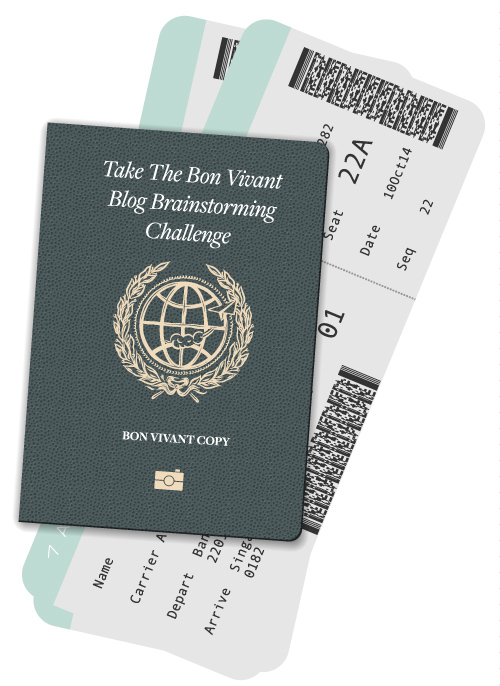Yesterday afternoon I was busy investing in my professional development …
Okay, you caught me. I was lying on my couch eating Cheetos.
But! I was listening to my favorite copywriting podcast. And the guest they had on that day said something really interesting about building authority.
When I heard it, I immediately made a mental note to share it with my travel agent readers (had to be a mental note, and not a note-note, because my fingers were still covered in Cheeto dust).
Here’s the point the guest, a copywriter named Colin Theroit, made:
Information Vs. Knowledge
Information? It’s useless.
We are *drowning* in information every time we hit enter on Google.
This is why most blog posts go unread and unshared—because the post just gives information, info that’s duplicated in a hundred other places.
Knowledge, on the other hand, still holds a TON of value.
When you share information, it just goes in one ear and out the other.
But when you share knowledge, people will perk up and listen. They’ll say, “hey, this agent knows what she’s talking about.”
What’s the difference between information and knowledge?
Knowledge is just information + experience.
Sharing knowledge is what makes you an authority. It’s what will make your prospects regard you as a travel EXPERT.
How can you share knowledge in your content?
Easy. Start by sharing information—and then back it up by saying, “I know, because this happened to me.” Or “I know, because this happened to my client.”
It’s the difference between writing a blog post in the third person that features the “top 10 hottest resorts in the Caribbean” (that’s just information) …
And a blog post, written in the first person, where you rank the top 10 resorts you’ve personally visited in the Caribbean, complete with the photos you snapped.
Even if the same 10 resorts show up in each post, the knowledge post is much more valuable.
Because it’s not just noise—it’s information you reader can now *trust*. They know how you arrived at that information. They know you didn’t just pull it out of your you-know-where.
I’ll give you one more example.
I create a LOT of blog posts about how to write a better travel agent website.
So why did this particular blog post prove especially popular with you guys?
It’s a post about how to better appeal to millennials when you write your website, and I frame the whole thing around the experience of my friend Jenny (a millennial), who had the absolute WORST time searching for a decent travel agent online.
I could’ve just shared my tips on how to better appeal to millennials.
The tips still would have been right.
But by framing this post around Jenny’s experience, I turned information into knowledge. My post became much more powerful.
(Notice how I didn’t even use my own experience here, but a friend’s. You can do the same thing by drawing on the experiences of your clients).
By the way, the copywriter who shared this on the podcast didn’t just present this as “here’s a cool way to build authority.” Nope. He said this approach helped him build a Facebook group with over 20,000+ active members! << see how he added experience into what he shared?
So, the next time you sit down to write a blog post, e-newsletter, or heck, even an Instagram caption, think about how you can nudge what you write from”information” to “knowledge.”
Let me know if you see a difference in how your content is received!
